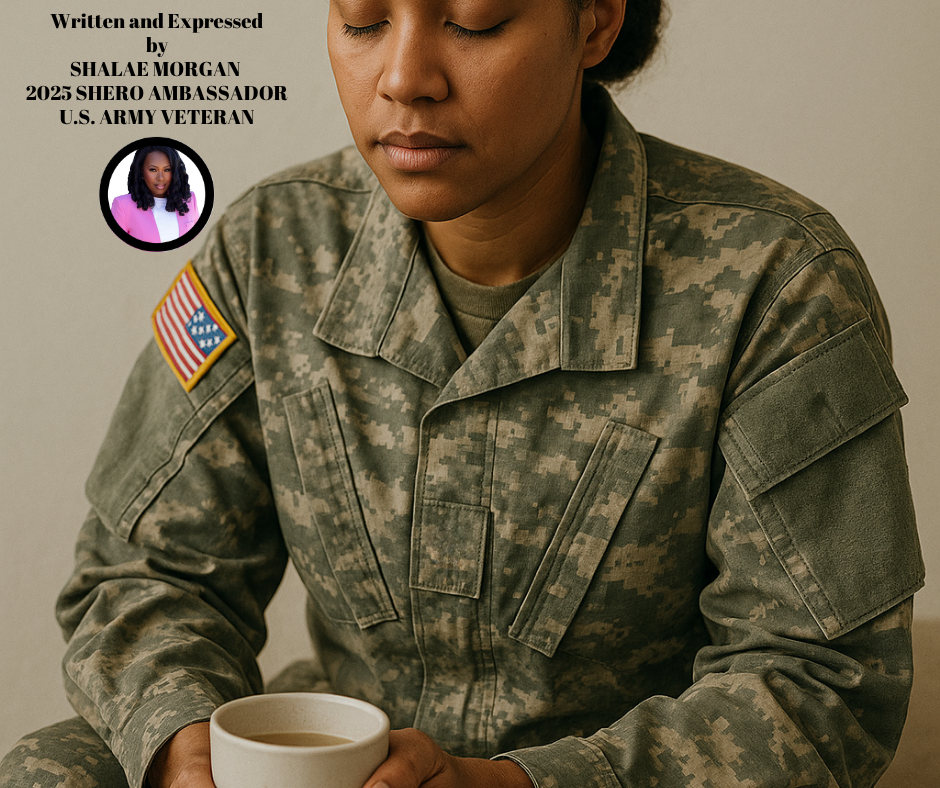Veterans Mental Health: A CRUCIAL CONCERN
- Melissa Farmer-Hill

- May 16, 2024
- 2 min read

When we think of Veterans, we often conjure images of heroism, sacrifice, and unwavering bravery. However, behind the medals and uniforms lies a hidden battle that is often overlooked: the battle for mental health. As a nation, it is our duty not only to honor the service of our Veterans but also to address the mental health challenges they face.
One of the most pressing issues facing our veterans is the alarmingly high rate of suicide. According to the Department of Veterans Affairs, an average of 17 veterans die by suicide each day. While this number is still far too high, it represents a decrease from the previous figure of 22 veterans who died by suicide each day. Either way, these statistics underscore the urgent need for more comprehensive mental health support for our Veterans.
The transition from military to civilian life can be a particularly challenging time for many Veterans. They may struggle with finding employment, reconnecting with family and friends, and adjusting to a new way of life. These challenges can often exacerbate underlying mental health issues such as post-traumatic stress disorder (PTSD), depression, and anxiety.
PTSD is a common mental health condition among Veterans, often resulting from exposure to traumatic events during their service. Symptoms can include flashbacks, nightmares, severe anxiety, and uncontrollable thoughts about the event. Without proper treatment, PTSD can have a profound impact on a Veteran's life, affecting their relationships, work, and overall well-being.
It is essential that we break the stigma surrounding mental health and encourage Veterans to seek help when they need it. Many Veterans may feel reluctant to seek help due to fear of judgment or a sense of shame. However, seeking help is a sign of strength, not weakness, and can be the first step towards healing.
There are many resources available to help Veterans with their mental health needs. The Department of Veterans Affairs provides a range of services, including counseling, therapy, and medication management. Additionally, there are numerous nonprofit organizations dedicated to supporting Veterans' mental health. It is also important to remember the Veterans Crisis Line number which is 988 (Press 1), you can also chat through text to 838255).
As we honor the service of our Veterans during this Mental Health Awareness month, let us
also commit to supporting their mental health needs. By raising awareness, breaking the stigma, and providing access to quality mental health care, we can ensure that our Veterans receive the support and care they deserve. Our Veterans have sacrificed so much for our country; it is time we ensured they receive the care and support they need to thrive. As an Army and Air Force Veteran, as well as a nurse, I understand the importance of this firsthand, Veterans mental health should be a crucial concern for us all.



_edited.png)



Comments